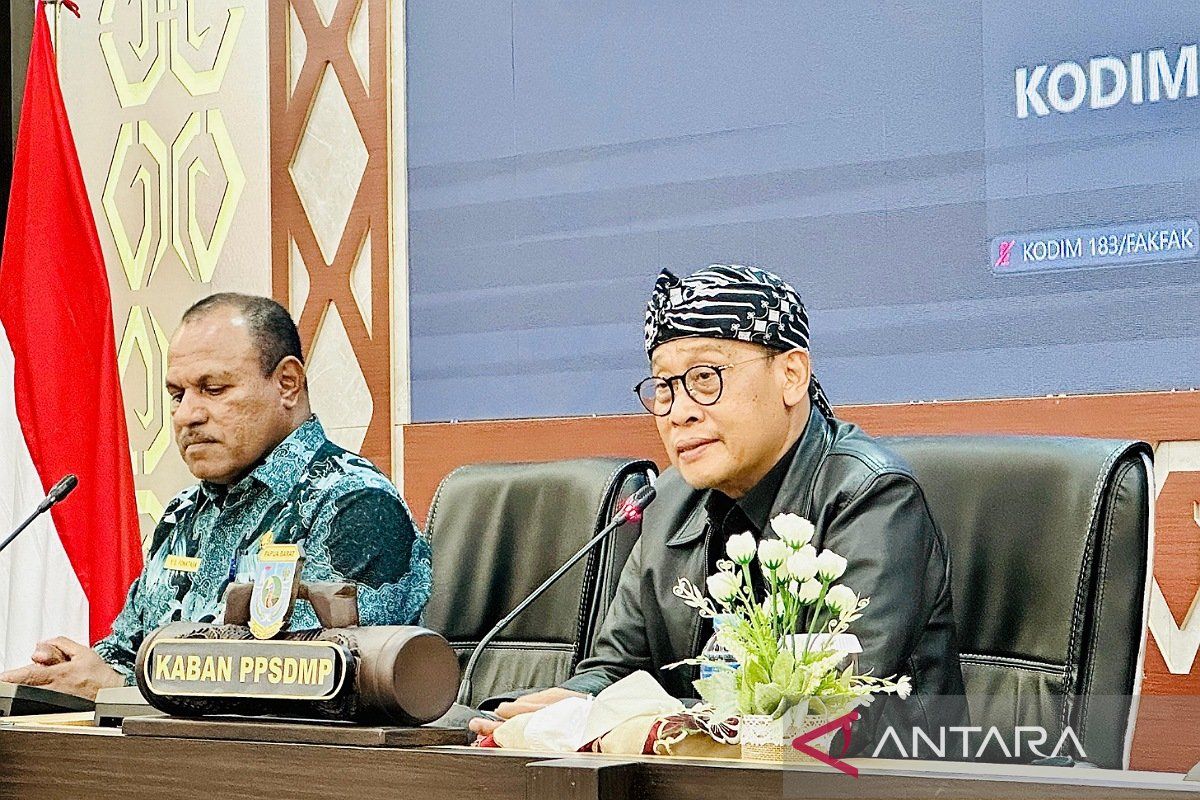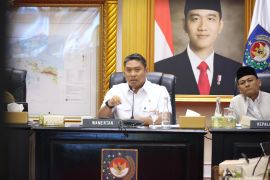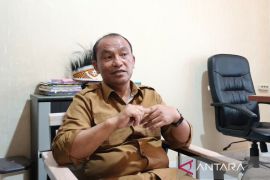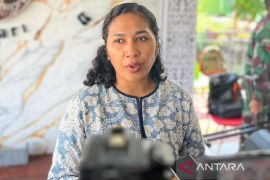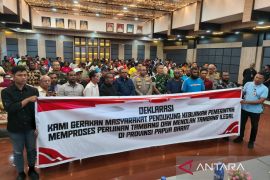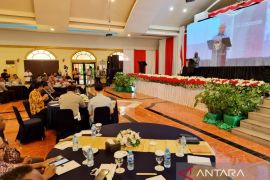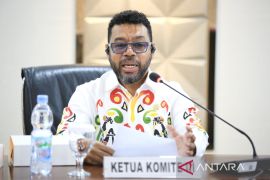Acting head of the BPPSDMP, Dedi Nursyamsi, said here on Friday that efforts to increase rice production must be supported by the expansion of rice planting areas.
The strategy is the government's effort to anticipate the impact of climate change that can trigger a food crisis globally, including in Indonesia.
"The government continues to make efforts so that regions that have the potential to become food barns expand planting areas, one of which is in West Papua province," he said.
According to him, climate change can also cause food crops such as rice to be attacked by pests and diseases, which can result in crop failure and thereby, a deficit in rice production.
"West Papua should be grateful because it has not been affected by pests. Nevertheless, it must stay vigilant and prepare a prevention strategy," he said.
He noted that in 2023, Indonesia experienced a deficit of 1 million tons in rice for domestic consumption because of the global food crisis caused by climate change and the COVID-19 pandemic.
Therefore, it has been deemed necessary for the central government and the West Papua government to bolster collaboration for realizing food self-sufficiency to prevent food crises.
"We must get rice with our own sweat, from our own farmers, from our own lands," he highlighted.
He stated that West Papua has the potential to be a rice barn for four provinces on Papua Island, namely Papua, Southwest Papua, Papua Pegunungan, and Central Papua.
The Ministry of Agriculture is targeting to expand agricultural land to 20 thousand hectares in stages so that West Papua can supply rice to the four provinces.
Related news: West Papua can set example in palm oil downstreaming: Minister
Related news: West Papua can be rice barn for four provinces: minister
Related news: Minister launches 500,000 hectares of farming land in S Papua
Translator: Fransiskus Salu, Raka Adji
Editor: Azis Kurmala
Copyright © ANTARA 2024
